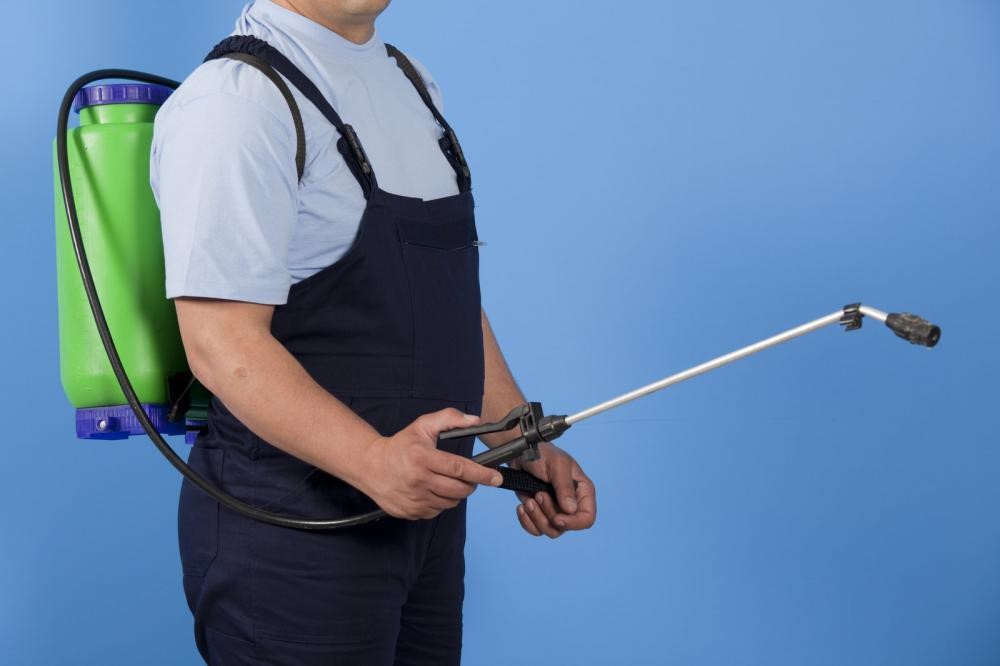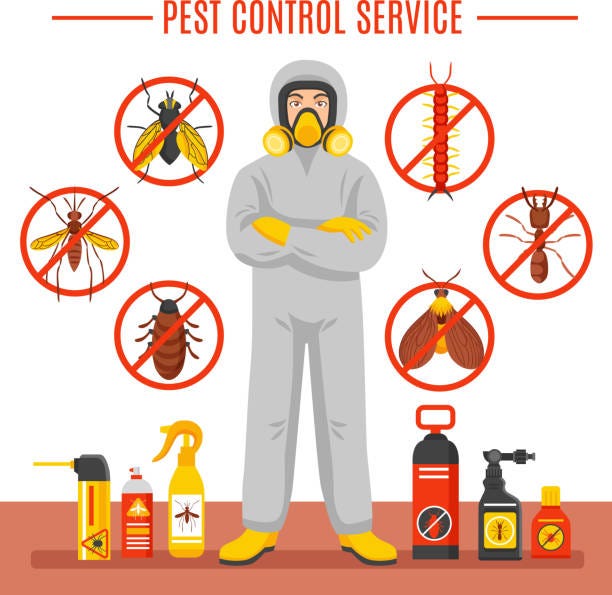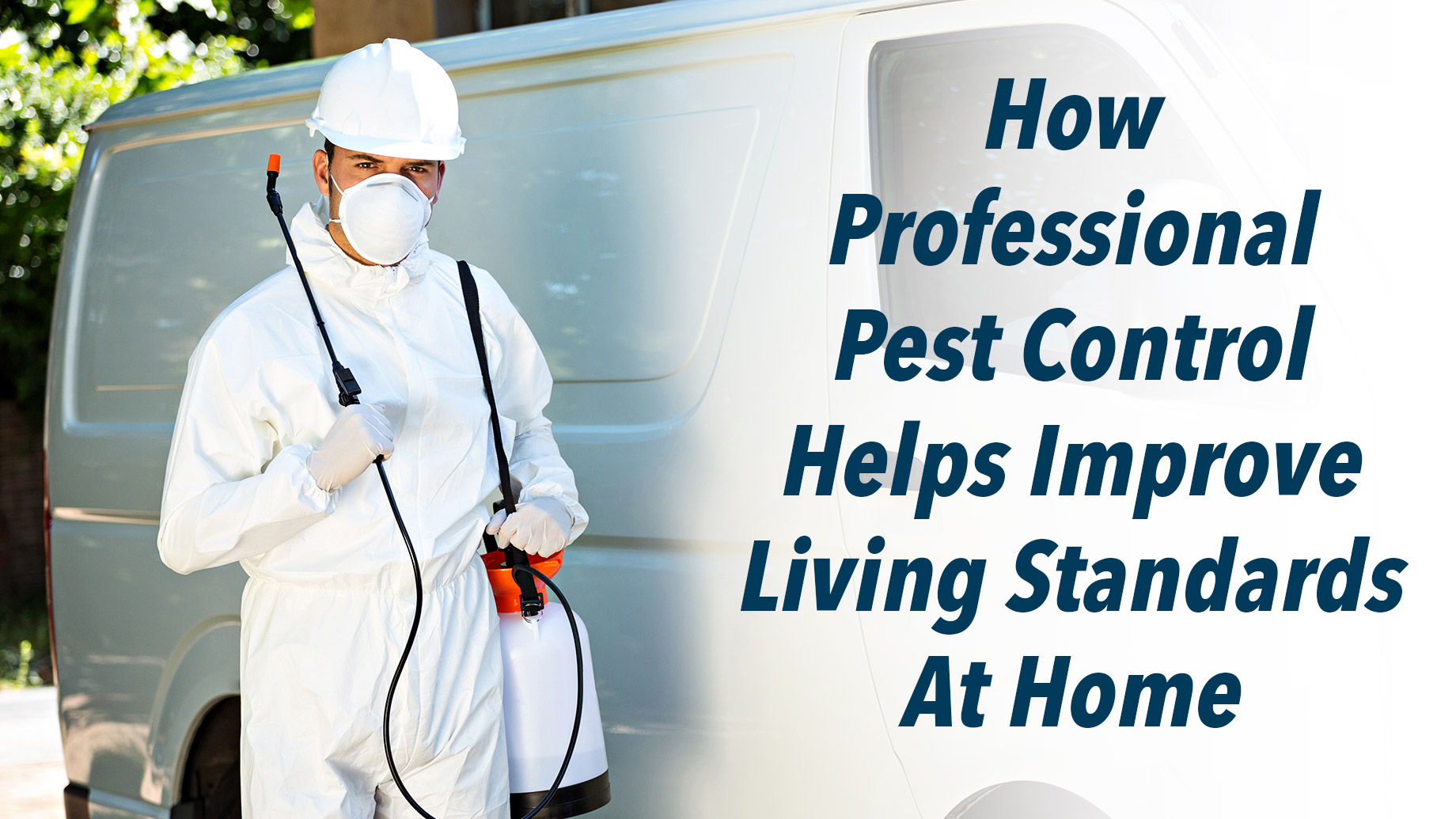Cost Effective Pest Control Clovis: Solutions Tailored to You
Wiki Article
Recognizing the Different Strategies to Parasite Control: A Comprehensive Guide

Natural Insect Control Techniques
Using eco-friendly strategies such as buddy planting and organic bug control is necessary for efficiently managing parasites in farming settings. Friend planting involves expanding various crops in closeness to prevent insects, boost nutrient uptake, and enhance overall plant health.Organic bug control involves presenting natural killers or pathogens to regulate pest populations. Ladybugs, for example, feed on aphids, managing their numbers without the demand for chemical pesticides. Another example is using Bacillus thuringiensis (Bt), a germs that targets certain insect parasites while being harmless to human beings, pets, and advantageous bugs.
These environmentally friendly techniques not just decrease the reliance on artificial chemicals however also assist maintain biodiversity and soil health. By integrating all-natural insect control approaches into agricultural practices, farmers can accomplish lasting pest administration while minimizing negative effect on the setting.

Chemical Parasite Control Solutions
In addition to natural bug control approaches, the utilization of chemical insect control options plays a substantial role in efficiently handling pest populaces in farming settings. Chemical parasite control solutions are formulated to target particular insects that may cause comprehensive damage to crops. These services commonly consist of artificial chemicals that are created to remove insects quickly and efficiently.Among the essential advantages of chemical parasite control solutions is their effectiveness in regulating pest infestations widespread. Farmers can use these remedies making use of numerous techniques such as spraying, fumigation, or seed therapy to protect their plants from harmful pests, weeds, and conditions. Furthermore, chemical insect control services are relatively very easy to use and can supply fast results, helping farmers guard their returns and reduce economic losses.
Nonetheless, it is necessary to utilize chemical pest control options sensibly to decrease prospective negative influence on the environment, non-target microorganisms, and human health. Proper application strategies, adherence to security standards, and regular surveillance are essential to make certain the accountable usage of chemical insect control options in agricultural practices.
Organic Insect Control Approaches
Biological insect control approaches utilize natural predators or virus to take care of insect populations in agricultural settings successfully. One usual organic control strategy is the introduction of natural enemies, such as ladybugs or parasitic wasps, to target particular insects.One more biological control technique includes making use of microorganisms like viruses, germs, or fungi to contaminate and eliminate parasites. These microbial representatives can be splashed on plants or introduced into the dirt to fight various insects without harming advantageous insects or various other wild animals. Additionally, the use of scents to interfere with the mating patterns of insects is another reliable organic control technique. By disrupting their recreation, this technique assists to decrease pest useful site populaces without the requirement for chemical intervention. Overall, organic insect control approaches supply a lasting and targeted solution to pest monitoring in agriculture.
Integrated Parasite Management (IPM)
Integrated Parasite Management (IPM) is a comprehensive technique that incorporates various bug control strategies to successfully take care of and minimize pest populaces in agricultural systems. IPM concentrates on long-lasting prevention of pests via a combination of biological, social, physical, and chemical control approaches. By integrating these different strategies, IPM aims to decrease dependence on chemical pesticides, decrease environmental impact, and promote lasting pest administration methods.
One trick facet of IPM is using biological controls such as natural killers, bloodsuckers, and virus to manage pest populations. This technique utilizes the power of nature to maintain an equilibrium between insects and their natural enemies without triggering injury to the setting.
Additionally, IPM involves cultural practices like crop habitat, sanitation, and rotation manipulation to create negative problems for parasites and interrupt their life process. Physical controls such as composts, obstacles, and traps are also utilized to prevent pest problems.
Physical and mechanical Parasite Control Techniques
Using non-chemical techniques, such as mechanical and physical insect control techniques, is an important element of extensive pest monitoring methods, building on the foundation of Integrated Parasite Monitoring's alternative method. Mechanical pest control entails using physical barriers or catches to stop insects from accessing and harming crops or structures. This method can consist of methods like mounting screens on windows, utilizing row covers in agriculture, or using sticky traps to capture insects.Physical parasite control techniques, on the other hand, emphasis on directly getting rid of pests via physical means. Making use of warm therapies to eradicate bed insects or vacuuming up bugs like spiders or ants can be reliable ways to handle problems without the use of chemicals. By including these mechanical and physical bug control strategies right into an Integrated Pest Administration strategy, individuals and experts can decrease reliance on chemicals while still effectively lessening and taking see care of pest learn the facts here now populaces damage.
Verdict

In addition to all-natural insect control methods, the application of chemical bug control solutions plays a substantial function in effectively taking care of pest populations in farming atmospheres.One of the key benefits of chemical parasite control remedies is their performance in controlling bug invasions on a large scale.Integrated Pest Administration (IPM) is a comprehensive technique that combines different pest control methods to successfully manage and lessen pest populations in agricultural systems.Making use of non-chemical methods, such as physical and mechanical insect control strategies, is a vital aspect of detailed parasite monitoring strategies, developing upon the structure of Integrated Pest Administration's all natural approach. By incorporating these physical and mechanical parasite control techniques into an Integrated Bug Monitoring plan, individuals and specialists can decrease dependence on chemicals while still properly decreasing and taking care of pest populations damage.
Report this wiki page